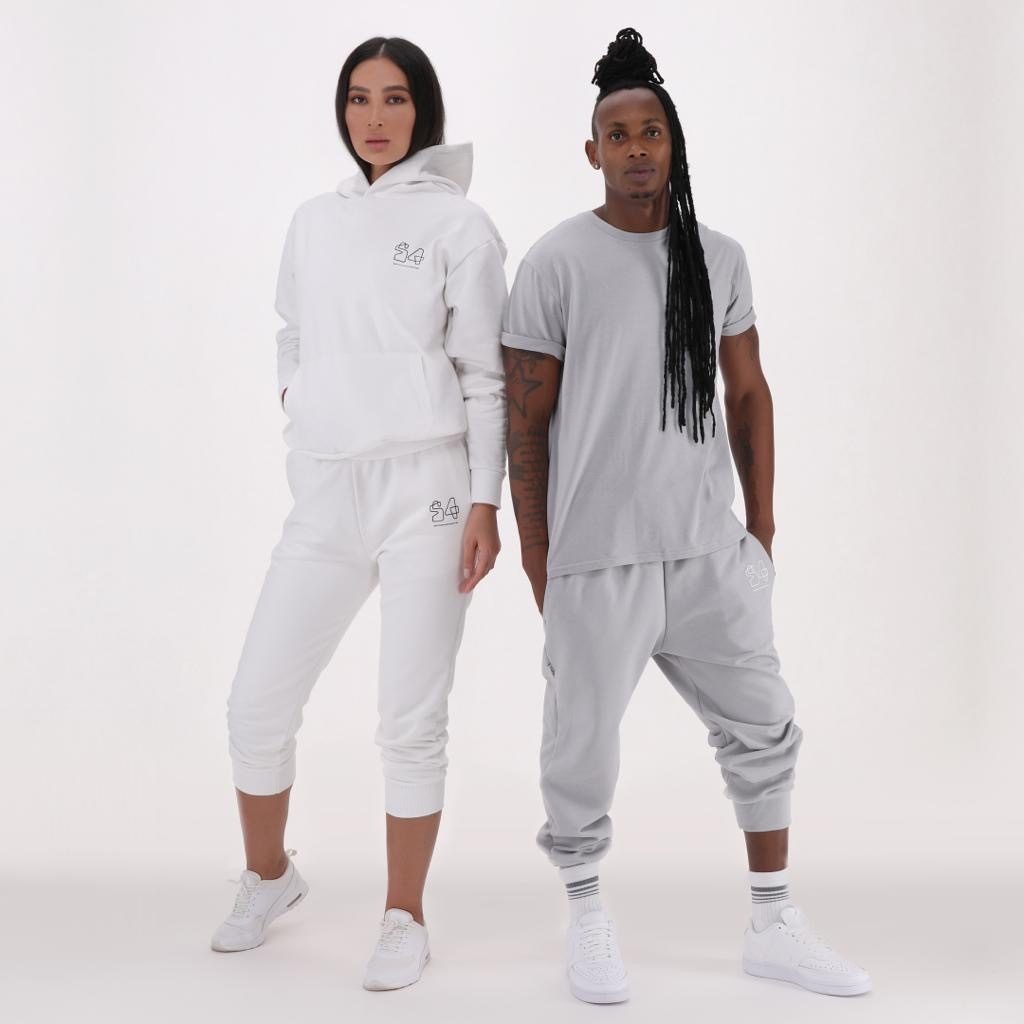Ever thought about wearing clothes made out of recyclable plastic? Then you might keep an eye for this unique environmentally-friendly brand.
As Qatar marks its Sustainability Week, a local-based fashion brand decided to jump on the curve and create its first-ever collection made entirely from recyclable plastic bottles.
RSPR, Latin for breathe, has taken a unique step towards becoming an eco-friendly fashion brand by launching an entire athleisure wear line made solely from recycled plastic bottles and antimicrobial fabric.

The revolutionary brand uses advanced sustainable processes for its clothing collection to “strive for a better tomorrow and a world where plastic waste is eradicated.” This falls in line with RSPR’s core belief and understanding of the importance of preserving the environment and raising awareness about making earth-friendly choices.
“When I realised that there is technology available to us to make clothing that would help to keep plastic out of landfill sites, I knew that’s what I wanted for RSPR,” said Rina Saleh, founder and designer of RSPR.
“I believe, given the state of our planet and its grim future, it is our responsibility as businesses and as individuals to make eco-conscious choices whenever and wherever possible. Every little bit counts, and we all need to pitch in,” she added.

“I was determined to work with my team and take our fabric to the next level,” Saleh continued. “I wanted to make it extremely soft and add the antimicrobial element to it, especially to reflect the pandemic landscape we are living through.”
A unisex sweats outfit consisting of sweats, hoodie and t-shirt, requires the recycling of a total of 124 plastic bottles. For the women’s bra, t-shirt and socks, 84 plastic bottles are recycled; as for the men’s gym kit consisting of leggings, shorts, t-shirt and socks, this would equal 106 recycled plastic bottles.
Depending on the end product, the recycled polyester is mixed with cotton and/or spandex which is softened using specific eco-friendly softeners and then treated with an antimicrobial treatment, Saleh notes.
“Most softeners are bad for the environment which is important to note as they are used on almost all clothing you buy and they are awful for the eco-system,” she added.
The fashion brand also packages all their orders using biodegradable material, eliminating even more plastic waste.
Read also: Naomi Campbell among A-list celebrities, designers in Qatar to support young talent
While the concept, brand and designs are created in Qatar, all clothes are produced in South Korea, a global leader in antimicrobial fabric, before then being shipped to Qatar for sale.
“I chose to work there as they are leaders in quality production, recycled materials and antimicrobial fabrics. They were also willing to work with me to experiment with new materials and fabric compositions as the combination of both fabric made from recycled plastic and the antimicrobial treatment hadn’t been done before, at least not that we know of,” Saleh said.
For RSPR, the target isn’t just eco-friendly clothes.
“My goal was to create an eco-friendly line from A-Z- not just to use one ingredient touted as eco-friendly and then market the brand as such- that created many challenges. How are the workers at the mills treated? What softeners are we using? Are any of the ingredients on the fabrics harmful to the environment when they are washed and enter our water system? And of course, how much would it cost and would people be willing to pay that price for the product?
” In short, everything becomes more difficult when you make a real commitment to eco-friendly production but hopefully, with time, more eco-friendly business and consumer support, it will become the norm and it won’t be as challenging,” she added.
The collection can be found at Galeries Lafayette and Harvey Nichols in Qatar.
The brand is also looking to expand and provide international shipping soon through its website.
Follow Doha News on Twitter, Instagram, Facebook and Youtube







